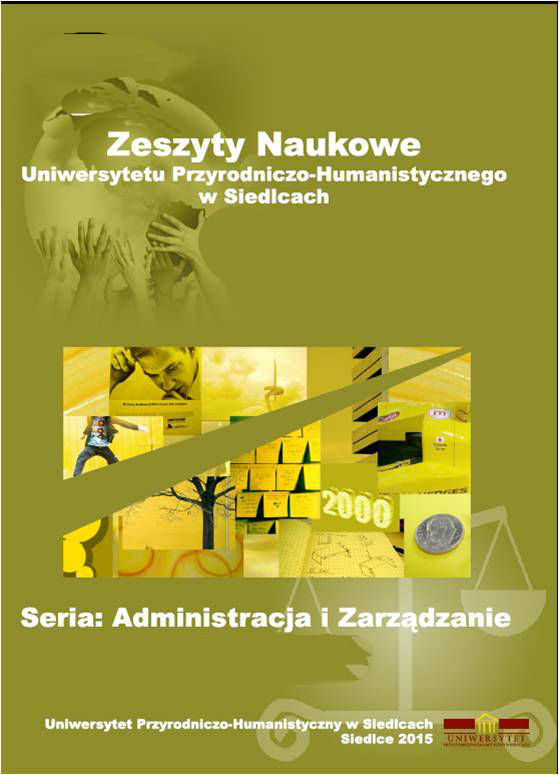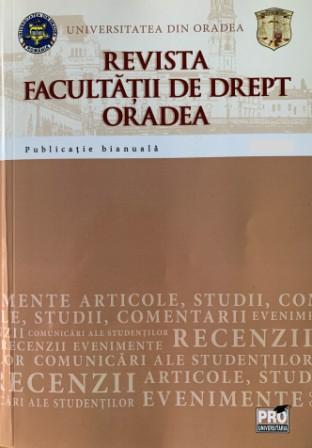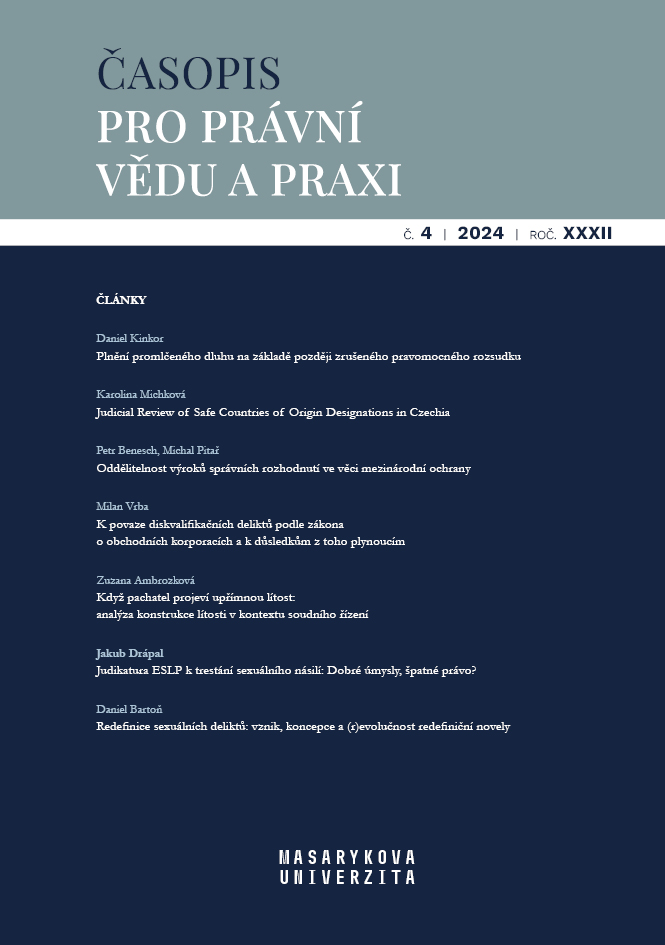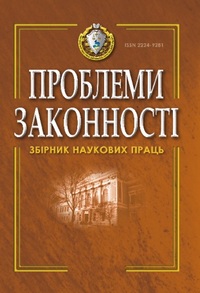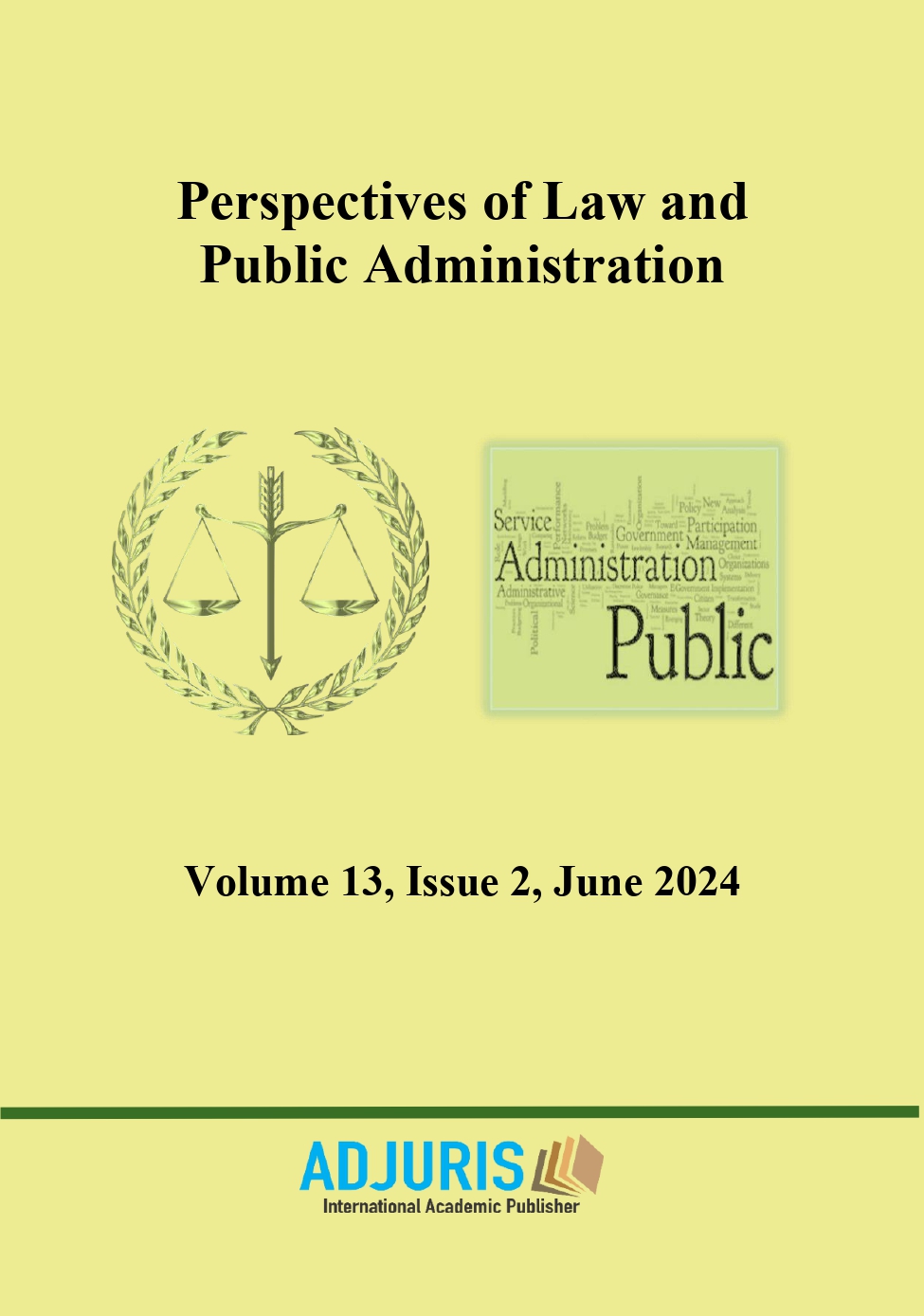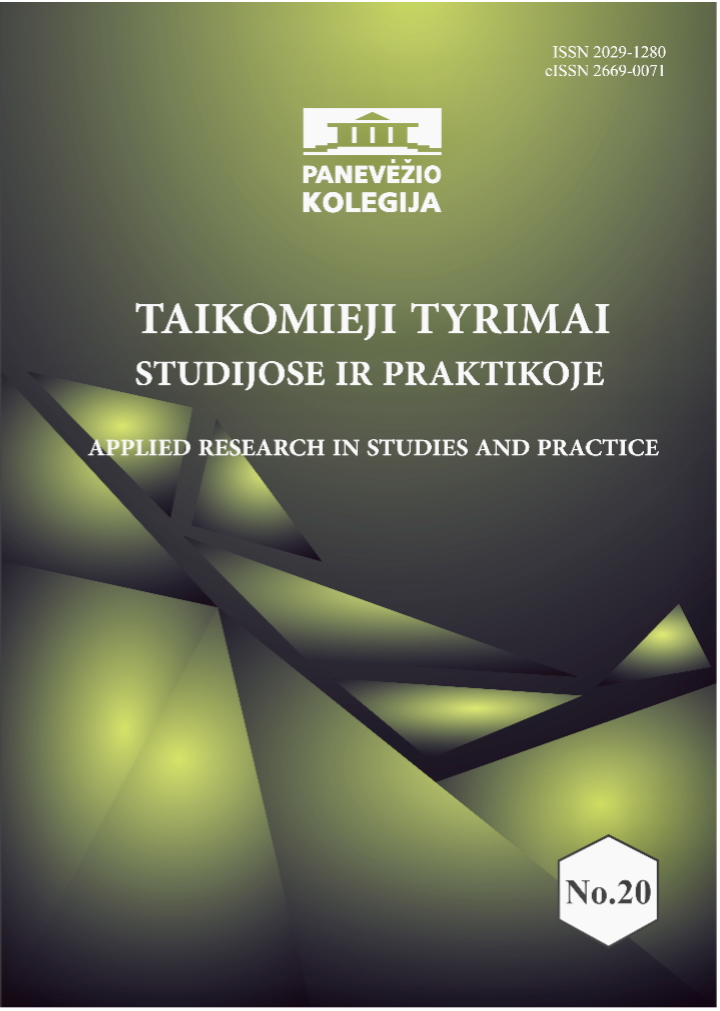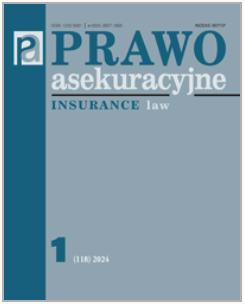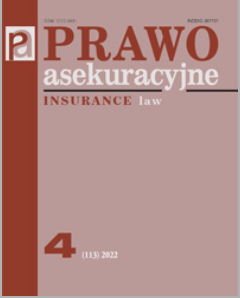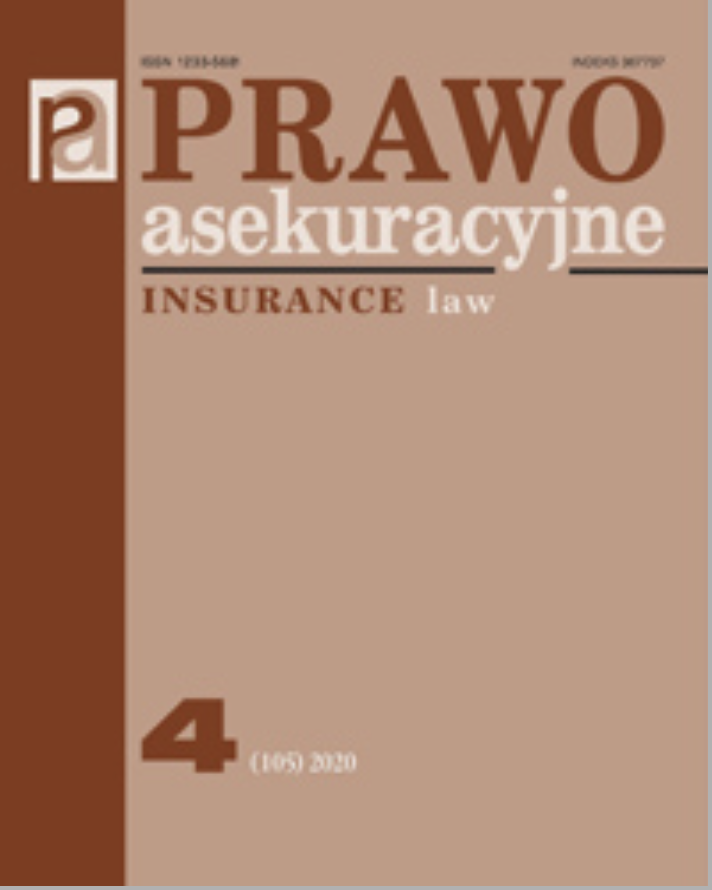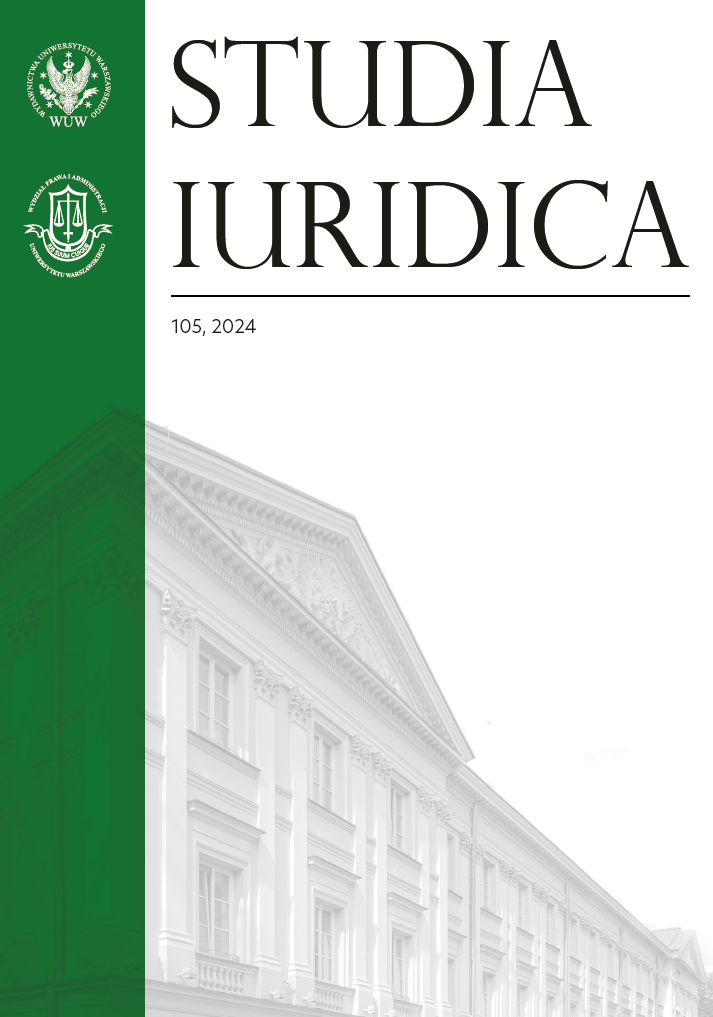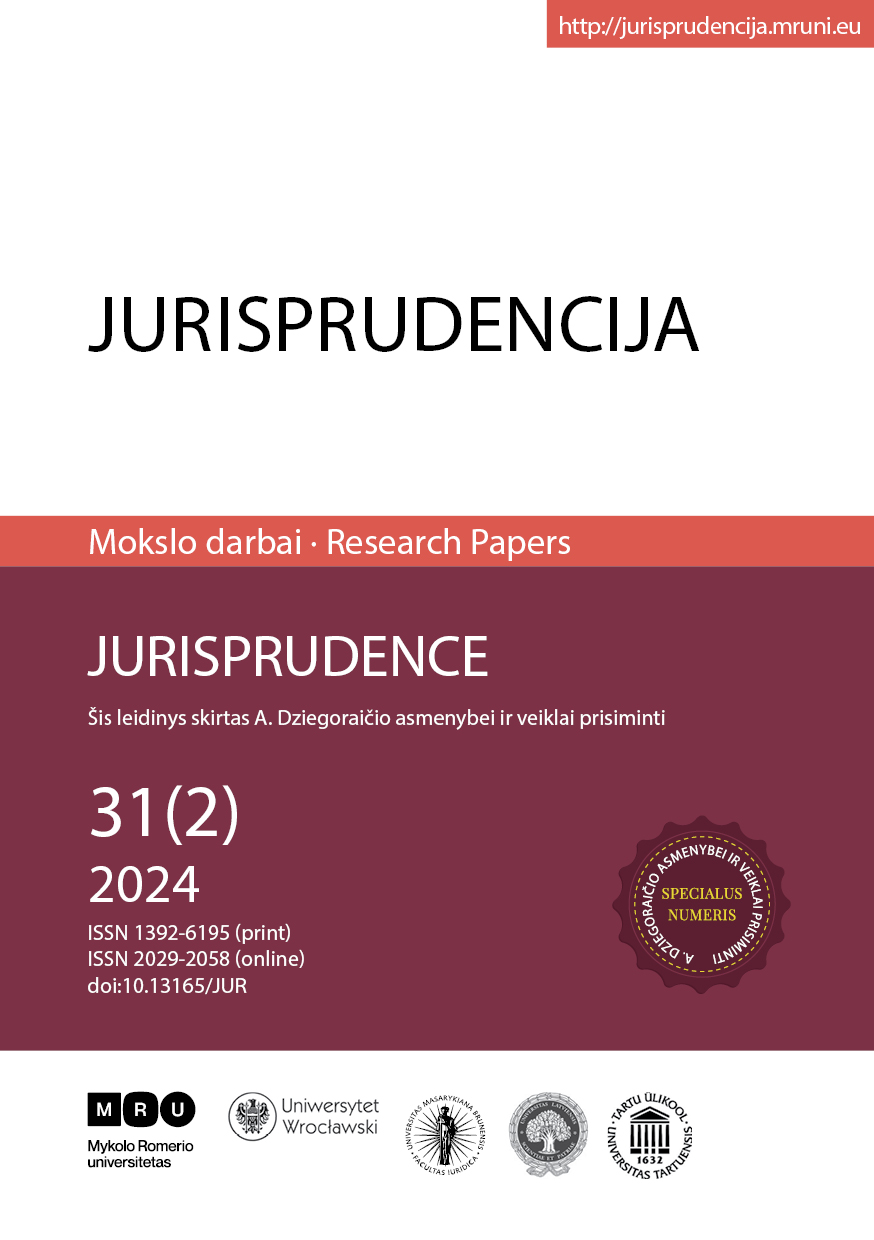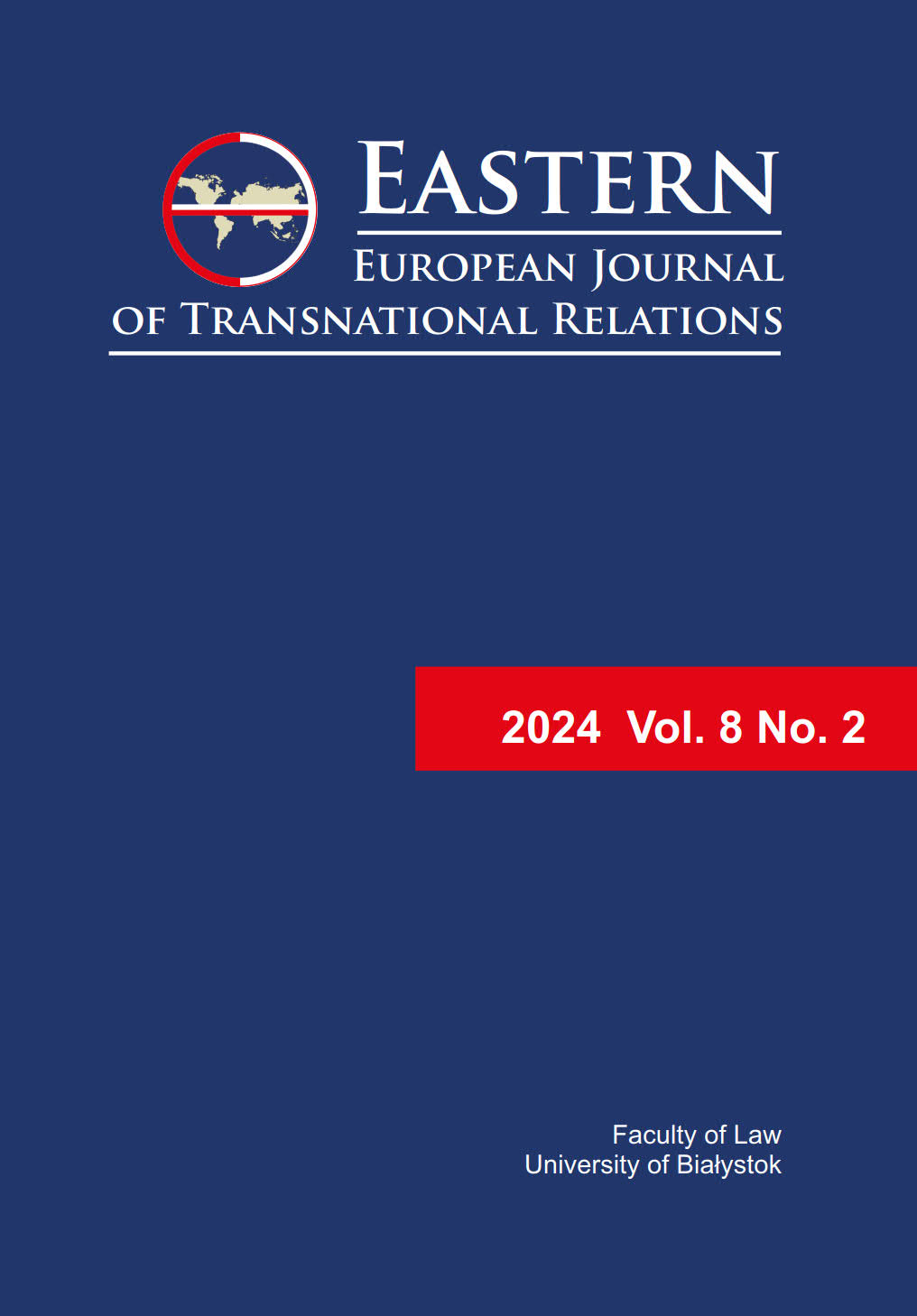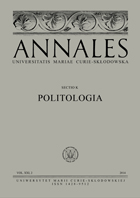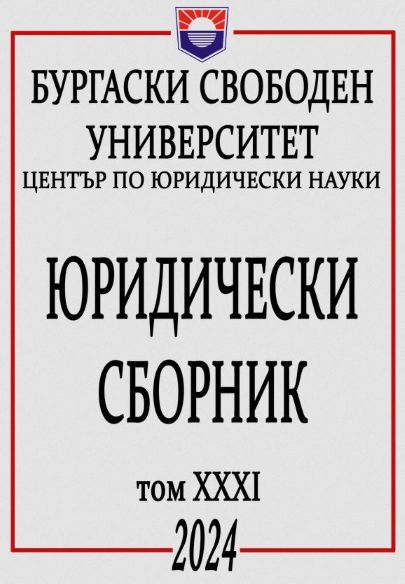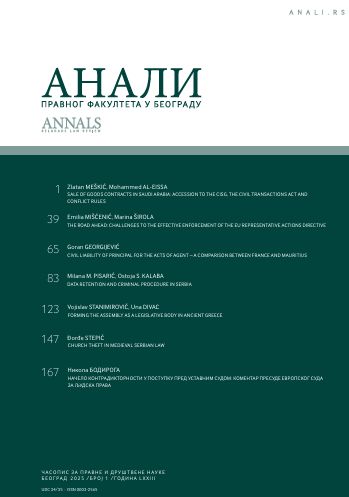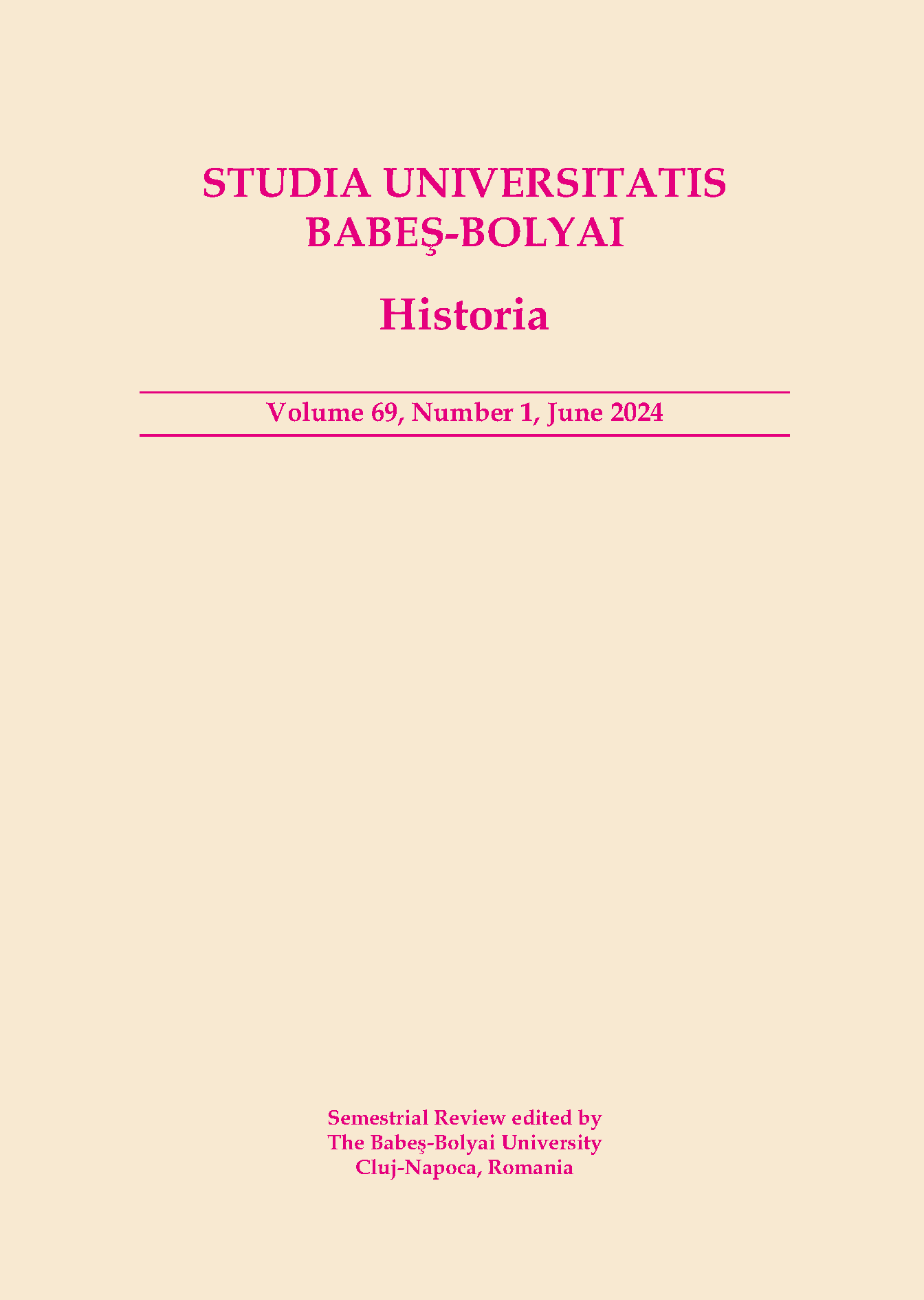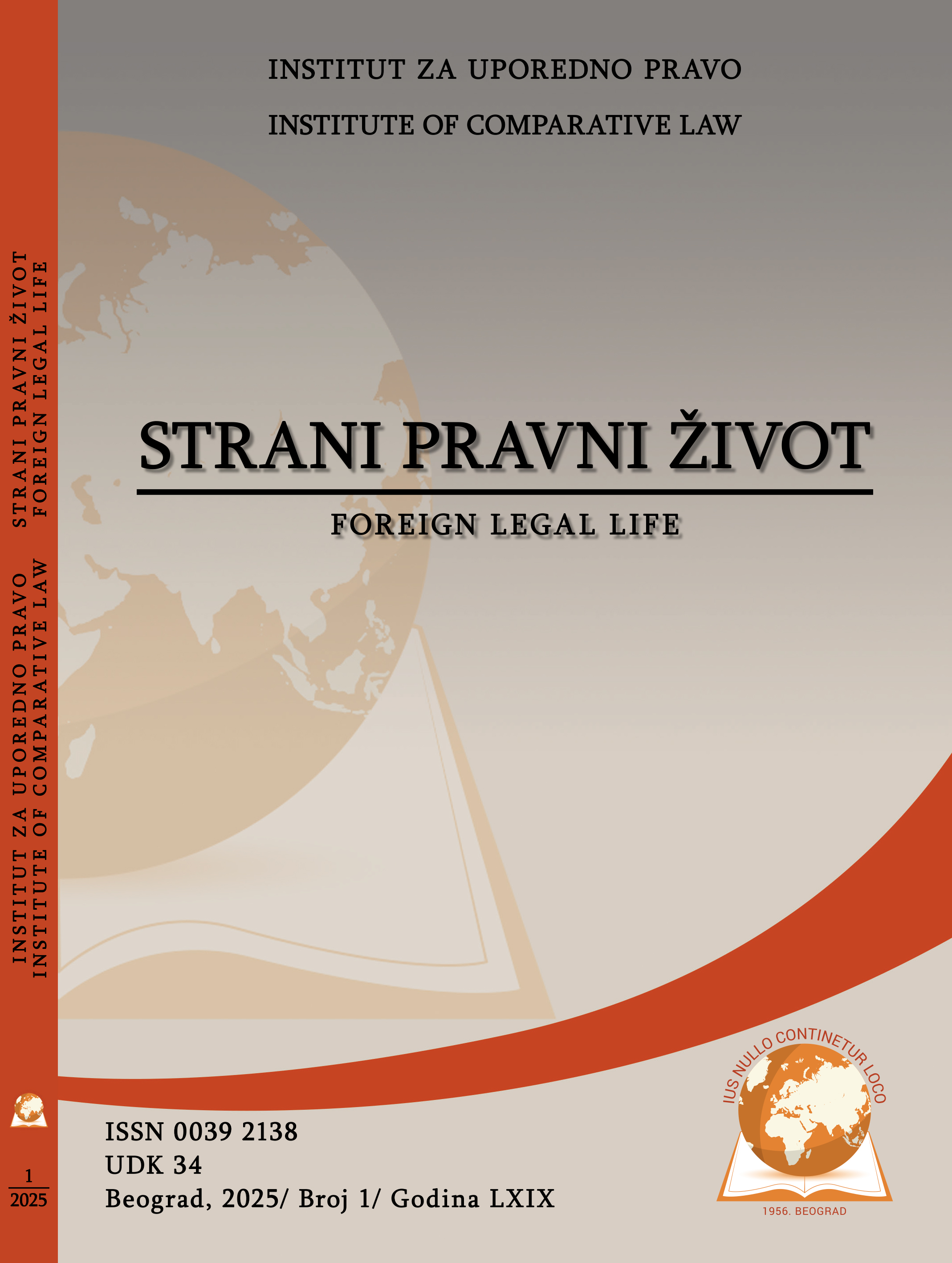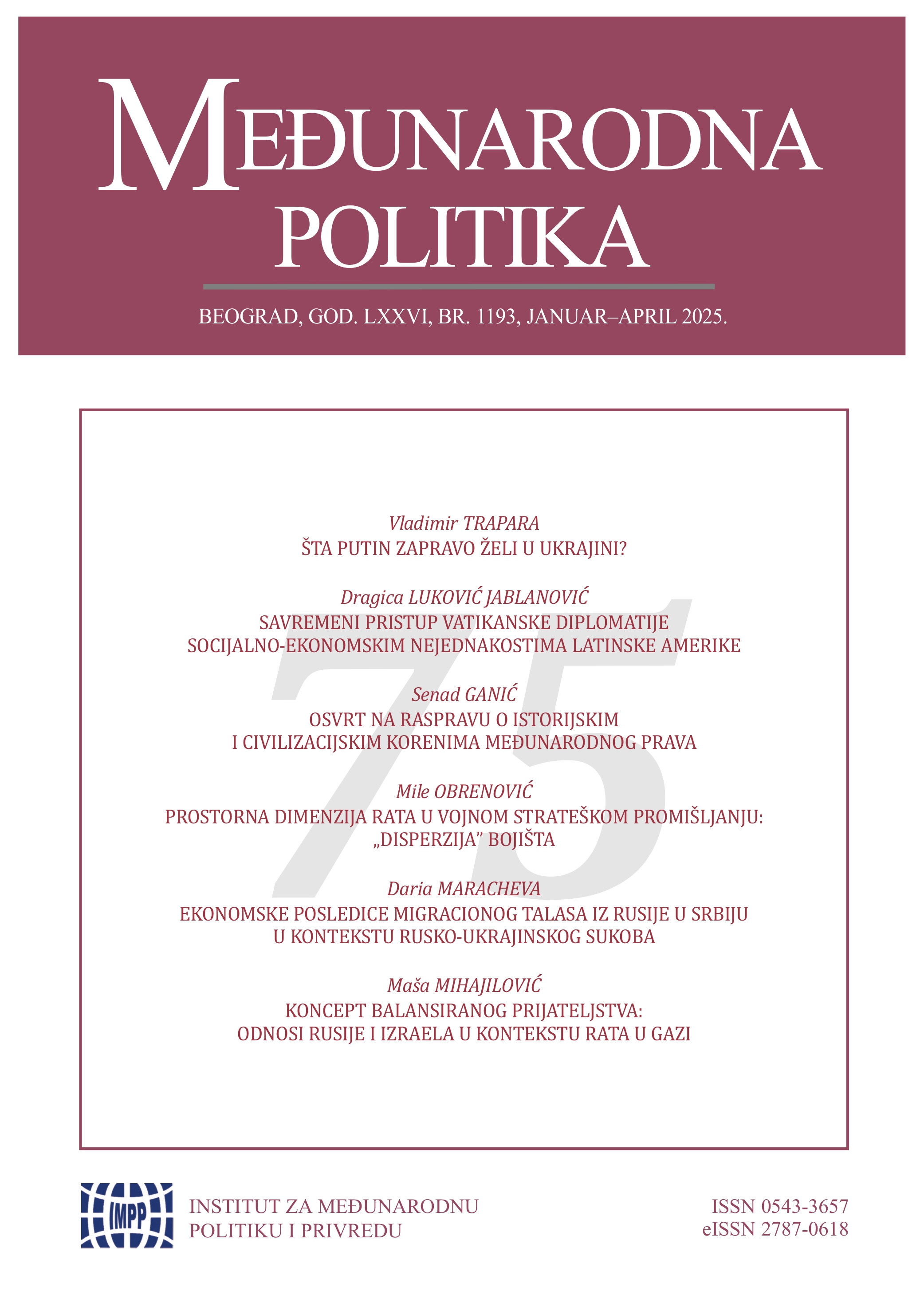Author(s): Yuri V. Shchokin / Language(s): Ukrainian
Issue: 166/2024
The relevance of the study is determined by the lack of thorough studies of the theory and practice of determining non-material damage caused by an international wrongful act covered by compensation and satisfaction in the Ukrainian doctrine of international law. The article examines the content of non-material (moral, moral and political) damage arising from the commission of international wrongful acts. It is about damage to international legal relations, which has a symbolic meaning for the victim subject, which ensures him respect from other members of the international community and normal mutually beneficial cooperation with them. The UN International Law Commission, in its comments to the 2001 Draft Articles on State Responsibility (UNGA resolution 56/83 (A/RES/56/83) of December 12, 2001), noted that in some cases, the causes of such damage can be eliminated by compensation (Article 36 of the 2001 Draft), in others – by satisfaction (Article 37 of the 2001 Project). At the same time, the Commission did not define the criteria for such a distinction. Most international lawyers believe that they depend on the circumstances of each particular case and are difficult to generalize. The purpose of the article is to study the theoretical aspects and the existing international practice of resolving international disputes related to the determination of an adequate form of compensation for non-material damage caused to states, individuals and legal entities. In particular, an attempt has been made to generalize the international practice regarding the application of compensation and satisfaction for the compensation of non-material damage arising as a result of an international offense. Considered the relevant practice of such international courts and arbitrations as the Permanent Chamber of International Justice, the American-German Commission on Mixed Claims, the International Court of Justice of the United Nations, the European Court of Human Rights, the Court of Justice of the European Union, the International Center for Settlement of Investment Disputes, the Arbitration Tribunal in Rainbow Warrior case (1990). The main focus is on non-material damage caused to states, individuals and legal entities (companies). The methodological basis of the research is a complex of general philosophical, special scientific and legal methods, namely: dialectical, formal-logical, analysis and synthesis, systemic-structural, formal-logical, comparative-legal and logical-legal. Conclusions and recommendations were made regarding the application of compensation and satisfaction in the presence of non-material damage committed as a result of an international wrongful act; the range of subjects of international law to whom damages are compensated in such cases is outlined; the content and features of compensation in relation to them are revealed.
More...
